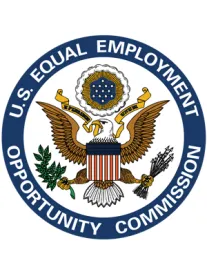Since filing multiple litigations against employers concerning their wellness programs, including seeking a temporary restraining order against Honeywell International, the Equal Employment Opportunity Commission (EEOC) has faced a significant amount of push back from many U.S. companies, their CEOs and other organizations.
The reason … programs designed to be compliant with the wellness program rules established under the Affordable Care Act (and final regulations jointly issued by the Departments of Treasury, Labor and Health and Human Services) are now being challenged in court by another federal agency (the EEOC) which has yet to issue any formal guidance concerning these programs.
This has left many employers scratching their heads, but this conflict in the law is nothing new. Around this time in 2006, prior to the enactment of the ACA, the Departments of Treasury, Labor and Health and Human Services issued joint regulations under the Health Insurance Portability and Accountability Act (HIPAA) clarifying earlier guidance for wellness programs that had been in place since the 1990s and which formed the basis for the ACA provisions. The EEOC has not issued formal guidance since that time, except when it issued final regulations under another federal law, the Genetic Information Nondiscrimination Act (GINA). The GINA regulations affected many wellness programs concerning the collection of genetic information (such as family medical history), including limiting the kinds of questions that could be asked in a health risk assessments (HRAs), and despite concerns that these rules would diminish the value of HRAs. However, the EEOC has not formally addressed the Americans with Disabilities Act (ADA) and its application to wellness programs.
For many employers, the EEOC’s announcements that it plans to issue proposed regulations (scheduled for February 2015) that would “promot[e] consistency between the ADA and HIPAA, as amended by the ACA,” and “clarify[] that employers who offer wellness programs are free to adopt a certain type of inducement without violating GINA” are welcomed news. Employers will have to see what the proposed regulations say, of course, and it is unlikely that these proposed regulations will address all of the uncertainties employers face concerning wellness programs.




 />i
/>i

